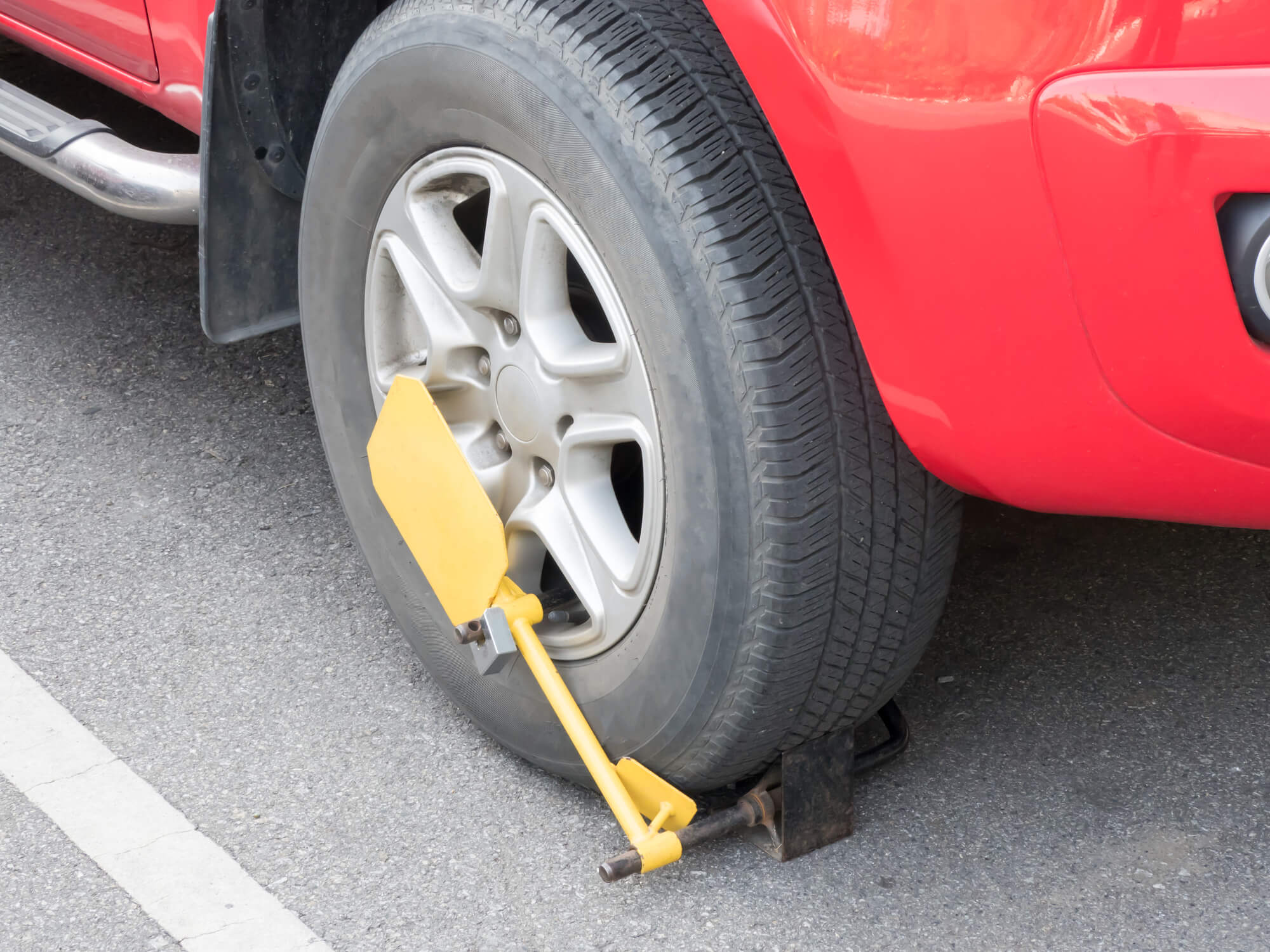Your vehicle is vital to your family and your livelihood. Without one, you can’t take your children to school or get to work. However, it can be easy to miss a car payment, especially if you are struggling with other debts or facing a financial crisis. Unfortunately, once you miss one car payment, it can be difficult to catch up. Eventually, the lender may begin the process to repossess your car. A Georgia bankruptcy lawyer can help you explore your options to prevent repossession.
The Bankruptcy Stay Stops Repossession Actions
If you are current on your car payments when you file a Chapter 7 bankruptcy, you don’t need to worry about repossession. Filing bankruptcy does not give the lender the right to repossess a vehicle when the individual is current in making loan payments. However, if you are behind on your car payments, the lender can repossess the vehicle.
When you file for bankruptcy relief, the automatic stay provisions of the Bankruptcy Code prevent creditors from seizing assets without court approval, including repossessing a vehicle. If you are behind on your car loan payments, the lender may file a motion for relief from the automatic stay. Also, if you are unable to catch up the car payments or negotiate a resolution with the lender, the court may give the lender permission to repossess the vehicle. However, there is an important exception to his rule. Bankruptcy law says that if you do not reaffirm or redeem (see below) the car loan within 45 days of your case being filed, the automatic stay ends. In this situation, the lender does not have to file anything in the bankruptcy court and may repossess your vehicle without notice.
If you cannot afford your car loan payments, you might be able to keep your car by filing a motion to redeem the vehicle. When you redeem a vehicle, you agree to pay the lender an amount equal to the fair market value of the vehicle to satisfy the lien. Depending on the current value of your vehicle, redemption may be an option. If you can access enough cash to redeem the vehicle, you can own your vehicle free of liens when you complete the Chapter 7 case.
Surrendering Your Vehicle In A Chapter 7 Bankruptcy Case
Many people wonder why they should consider filing a Chapter 7 bankruptcy case if they cannot afford to keep the vehicle. There are a couple of reasons why you may want to surrender your vehicle through a Chapter 7 case.
When you surrender a vehicle or it’s repossessed, the lender can sell the vehicle for whatever it can get. In many cases, however, the money received from the sale of the vehicle does not pay the loan in full. Therefore, the lender can file a lawsuit seeking a personal judgment against you for the remaining balance owed (deficiency amount) on the account.
When you file a Chapter 7 case, you avoid a deficiency judgment. The lender cannot try to collect any money from you regardless of how much is owed on the account. Furthermore, you can get rid of your other unsecured debts in the bankruptcy action to begin rebuilding your finances after bankruptcy.
Contact A Georgia Bankruptcy Lawyer For More Information
Consulting with a Georgia bankruptcy lawyer is a good choice if you are facing a potential repossession. A lawyer can explain your options for debt relief so that you can choose the option that works best for you. Schedule a consult with an experienced Georgia bankruptcy attorney to determine your options.


